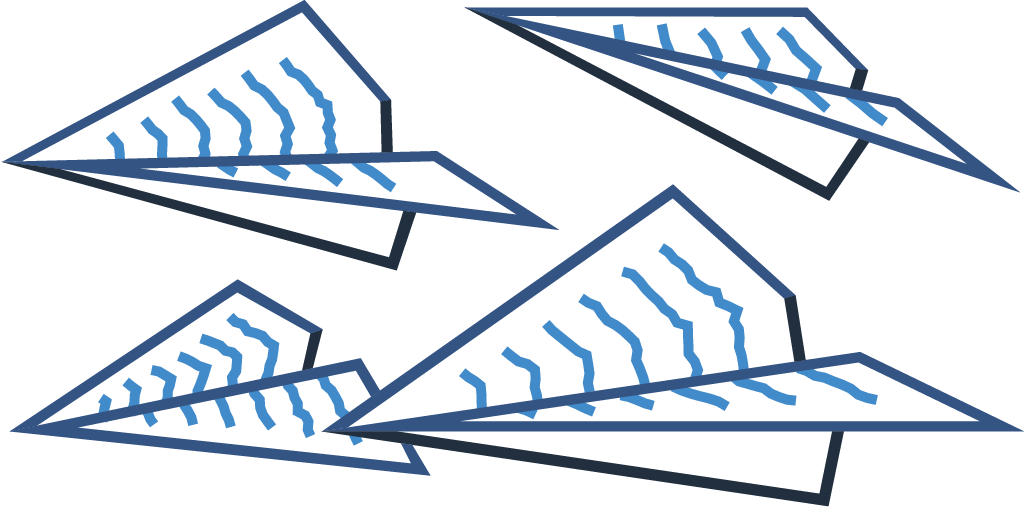Make sharing in your repository the simplest way to increase your author’s impact.
Sharing should be simple. We make sure that deposit into your repository means only dragging and dropping a paper by automatically doing all the hard work for depositors. It’ll be free, open source, community owned and easily set up in minutes.
Schedule a demo



